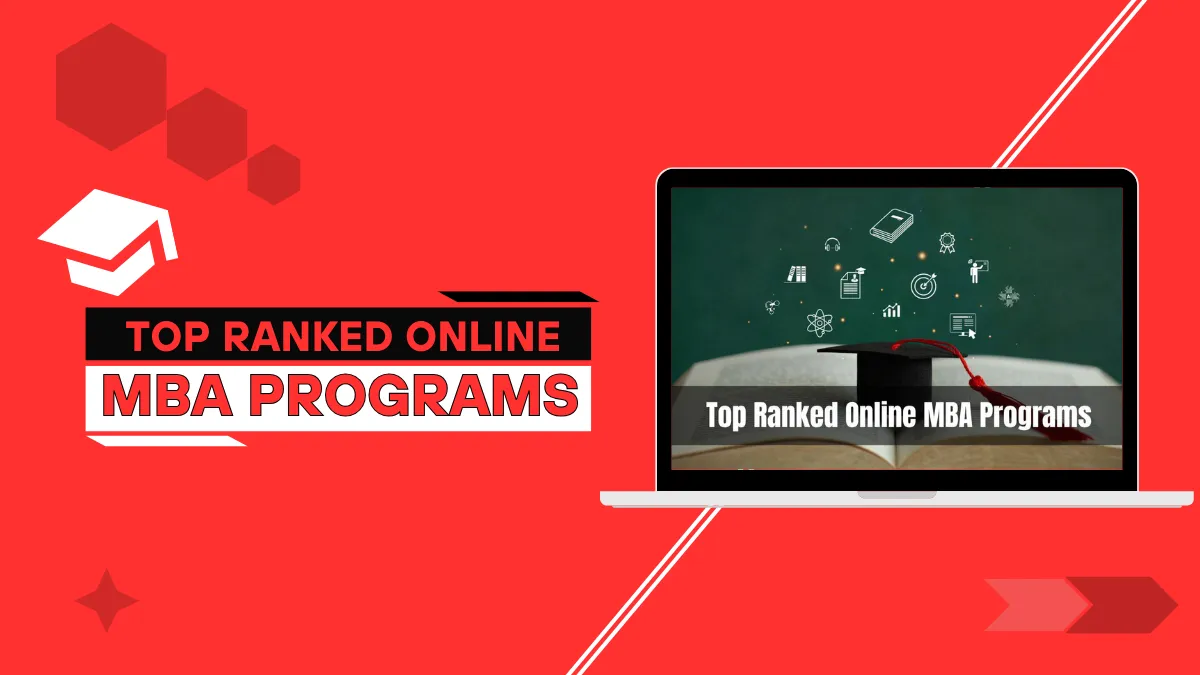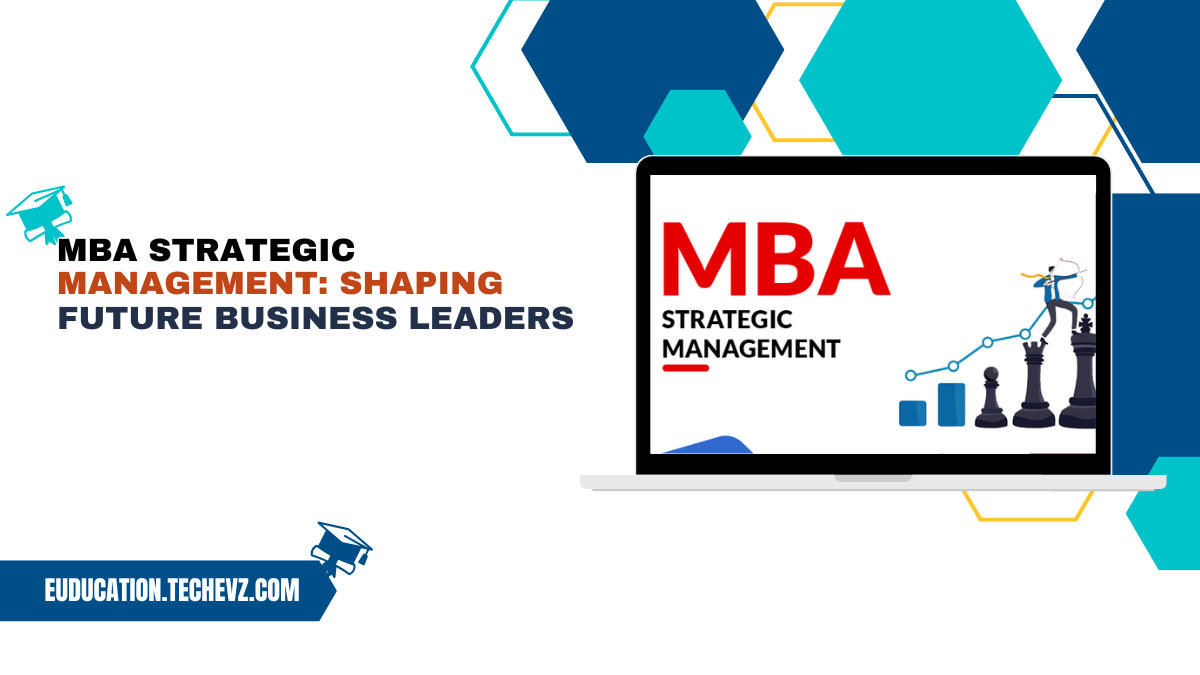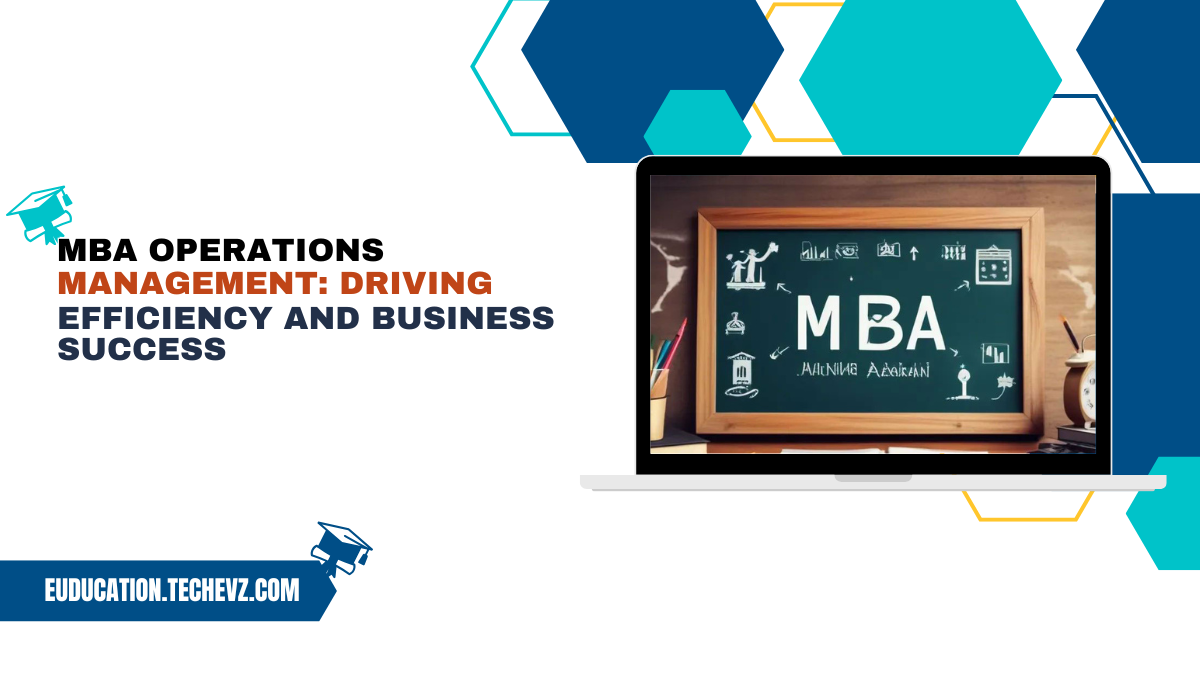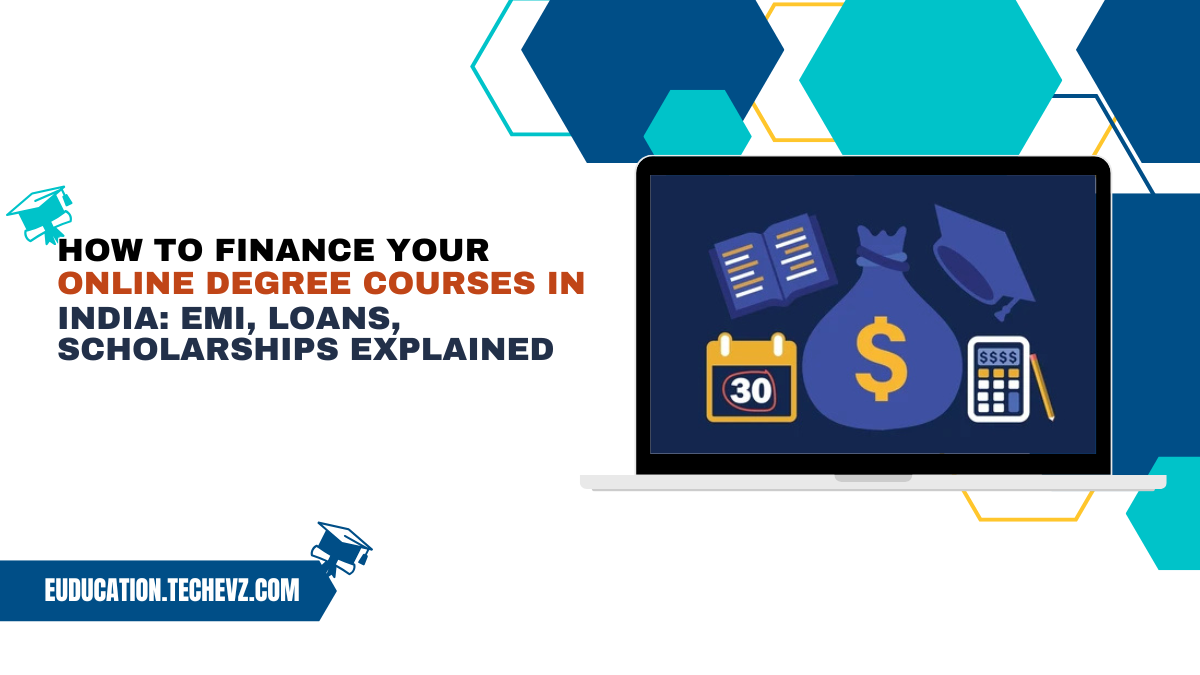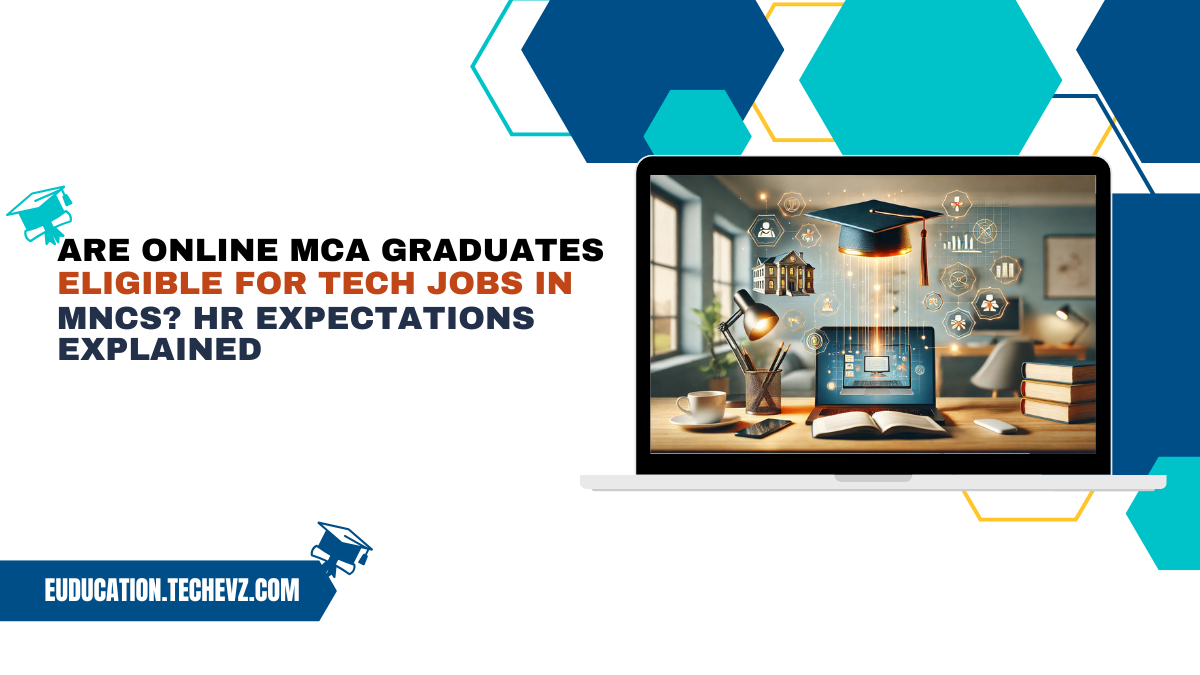Online MBA programs have revolutionized business education, making it possible to earn a prestigious degree without relocating, pausing your career, or giving up family commitments. But getting admitted into a top-ranked Online MBA program in 2025 isn’t automatic.
Whether you’re a mid-career professional, an aspiring entrepreneur, or a recent graduate, understanding the specific admission requirements is critical to planning your application strategy.
In this comprehensive guide, you’ll learn:
✅ Typical eligibility criteria and documents
✅ What top-ranked schools specifically look for
✅ How requirements differ across regions and universities
✅ 4 detailed tables covering GPA, test scores, work experience, and more
By the end, you’ll have a clear checklist to prepare a successful application to the best Online MBA programs.
Why Online MBA Admission Requirements Matter
Top Online MBA programs receive thousands of applications each year — from experienced managers, startup founders, and high-potential professionals worldwide.
To select candidates who will thrive, schools evaluate:
- Academic background (GPA, undergraduate degree)
- Work experience (quality & quantity)
- Leadership potential & communication skills
- Fit with the program’s values and culture
- Technical skills & quantitative readiness
- English language proficiency (for international students)
📌 Admission isn’t just about checking boxes — it’s about telling your professional story convincingly.
Key Admission Requirements: Overview
Most accredited Online MBA programs require:
- Bachelor’s degree (from accredited institution)
- Professional work experience (often 2–5 years minimum)
- GMAT or GRE scores (sometimes waived)
- English language proficiency (TOEFL/IELTS) if applicable
- Resume or CV
- Personal statement or essays
- Letters of recommendation
- Application fee
- (In some programs) Interview or video essay
✅ Each program weighs these factors differently, making strategic application planning essential.
Table 1: Typical Admission Requirements at Top Online MBA Programs (2025)
| Requirement | Standard at Top Programs | Notes |
|---|---|---|
| Bachelor’s degree | Required; often with GPA ≥ 3.0 | Some accept slightly lower GPAs with strong experience |
| Work experience | 2–5+ years (average admitted: 6–10 years) | Leadership roles preferred |
| GMAT/GRE | Many require; some test-optional | Strong scores can strengthen application |
| English proficiency | TOEFL ≥ 80–100 or IELTS ≥ 6.5–7 | Waived if degree taught in English |
| Essays & SOP | Usually 1–3 essays | Show career goals, fit, leadership |
| Recommendations | Typically 1–3 professional refs | Managers, mentors, or clients |
| Resume/CV | Required | Focus on results & promotions |
📌 Programs often use a holistic review — balancing weaker GPA with strong experience or test scores.
✅ GMAT / GRE: Do You Really Need Them?
- GMAT (Graduate Management Admission Test): Emphasizes quantitative & analytical skills.
- GRE (Graduate Record Examinations): Accepted by most MBA programs; broader question types.
Test-optional trend:
Many top schools now offer:
- GMAT/GRE waiver for candidates with:
- 5–10+ years of managerial experience
- Graduate degrees in STEM, law, or business
- Strong undergraduate GPAs
📌 Strong test scores remain valuable if your GPA is low or you’re pivoting careers.
GPA and Academic Background
Most schools prefer:
- Bachelor’s degree from an accredited university
- GPA of 3.0+ on a 4.0 scale (≈ 60–65% in Indian system)
However:
- Lower GPA can be balanced by strong professional achievements, test scores, or leadership experience.
✅ Coursework in quantitative subjects (statistics, finance, accounting) can show readiness.
English Language Proficiency
Required for applicants educated outside English-speaking countries:
- TOEFL: 80–100+ (Internet-based)
- IELTS: 6.5–7.0+
- Duolingo English Test: increasingly accepted (score ≈ 105–120)
📌 Waivers often granted if degree was fully taught in English.
Table 2: Average Admitted Student Profile (Top Online MBA Programs, 2025)
| Factor | Typical Range | Notes |
|---|---|---|
| Average age | 30–36 years | Programs prefer mid-career professionals |
| Work experience | 5–10 years | Leadership or project management roles |
| GMAT average | 590–670 | Top 25% of test takers; varies by school |
| GPA average | 3.0–3.4 | Higher for more competitive programs |
| Industries represented | Finance, tech, healthcare, manufacturing, consulting | Diversity valued |
Essays, SOP & Personal Statement
Critical for explaining:
- Why you want an MBA (career vision)
- Why this program (fit & values)
- What you’ll contribute (unique skills, diversity)
Tips:
✅ Be authentic; show your voice
✅ Use specific examples (projects, promotions, metrics)
✅ Connect past experience to future goals
Letters of Recommendation
- Usually 1–3 references
- Should be recent managers, mentors, or clients
- Must speak to:
- Leadership & teamwork
- Problem-solving
- Growth potential
📌 Academic references accepted if applicant has limited work history.
Interview or Video Essay
Many programs require:
- Live video interview (Zoom)
- Recorded video essays answering prompts
Purpose:
- Test communication skills
- Verify authenticity
- Assess fit with cohort culture
Technical & Quantitative Readiness
Some programs:
- Offer online prep courses in accounting, statistics, Excel
- Require completion before first term
✅ Especially helpful for candidates from humanities or creative backgrounds.
Table 3: Admission Requirements – U.S. vs Europe vs Asia-Pacific
| Region | Work Experience | GMAT/GRE | TOEFL/IELTS | Interview |
|---|---|---|---|---|
| U.S. (top online MBAs) | 2–5+ years | Often required or waiver | Yes, if educated outside U.S. | Common |
| Europe | 3–6+ years | Often required; waiver rare | Yes | Almost always |
| Asia-Pacific | 2–5+ years | Common; some test-optional | Yes | Common |
📌 European programs often prefer older, more experienced cohorts.
What Top Schools Look For (Beyond Checklists)
✅ Leadership and promotion history
✅ International or cross-cultural experience
✅ Alignment with the program’s mission
✅ Professional achievements (e.g., awards, high-impact projects)
✅ Contribution to class diversity (industry, background, geography)
📌 Admissions is holistic: a strong story can offset lower scores.
Special Cases: Early Career & Nontraditional Applicants
Some top programs (e.g., UNC Kenan-Flagler, Pepperdine) admit:
- Entrepreneurs
- Military veterans
- Career changers with <3 years experience
✅ Strong essays & recommendations become critical here.
Table 4: GMAT Waiver Policies (Selected Programs, 2025)
| Program | GMAT/GRE Required? | Typical Waiver Criteria |
|---|---|---|
| Indiana University (Kelley Direct) | Test-optional | ≥5 years experience + strong GPA |
| University of Illinois (iMBA) | No test required | Focus on holistic review |
| University of North Carolina (Kenan-Flagler) | Test-optional | ≥5 years leadership experience |
| University of Massachusetts Amherst (Isenberg) | Waiver | Graduate degree or 5+ years management |
| Northeastern University (D’Amore-McKim) | Test-optional | Based on work history & GPA |
📌 Always confirm on official program pages; policies change yearly.
Tips to Strengthen Your Application
- Take GMAT/GRE even if optional — shows commitment
- Highlight promotions, impact, and team leadership
- Join professional organizations (e.g., PMI, SHRM, ASCM)
- Complete online courses in quantitative subjects
- Craft a clear, specific career vision
- Choose recommenders who know your work deeply
Application Timeline (Typical)
| Stage | Recommended Timing |
|---|---|
| Research & shortlist schools | 6–12 months before application deadline |
| Prepare GMAT/GRE | 6–9 months before deadline |
| Draft essays & SOP | 3–6 months before deadline |
| Request recommendations | 2–3 months before deadline |
| Submit & interview | 1–2 months before deadline |
✅ Applying in Round 1 or 2 often improves acceptance odds and scholarship chances.
Accreditation Still Matters
Choose programs accredited by:
- AACSB (Association to Advance Collegiate Schools of Business)
- AMBA (Association of MBAs)
- EQUIS (EFMD Quality Improvement System)
📌 Ensures global recognition and better employer perception.
Demand for Online MBA Graduates in 2025
- Digital transformation requires managers skilled in strategy & analytics
- Global firms value remote leadership experience
- Sectors like tech, healthcare, e-commerce are hiring MBA talent aggressively
Final Takeaway
In 2025, top Online MBA programs want more than test scores:
- Solid professional experience
- Leadership potential
- Strategic, global mindset
- Fit with their values and culture
📌 Prepare early, be authentic, and align your story with your career goals.
Conclusion
Admission into a top Online MBA is challenging — but achievable with:
- Clear planning
- Honest storytelling
- Focus on what makes you unique
Check each school’s website, start early, and remember: a great application isn’t just about numbers — it’s about your vision, values, and real-world impact.
